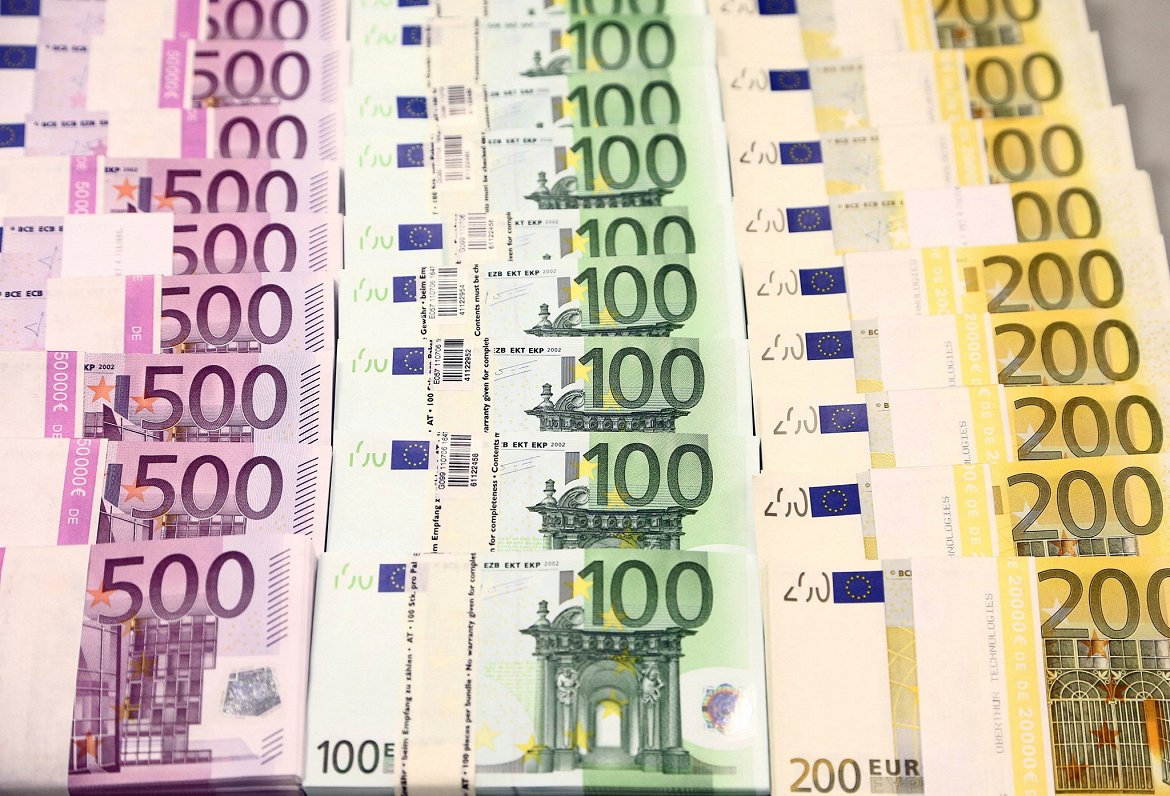Previously, the EC reduced Latvia's GDP growth forecast for this year from 5% to 4.4%, but now Latvia's economic growth is projected to be even less. It will, however, be faster than in neighboring countries Estonia and Lithuania, where the economy will grow by 1% and 1.7%, respectively, in line with the EC spring forecast.
“The Latvian economy will continue to grow, thanks to investments, services exports, and consumption. However, given the negative economic impact of Russian aggression against Ukraine and related sanctions, Latvia's GDP growth will slow down significantly. This impact will be felt both as exports decline and as energy and raw material prices rise,” said Valdis Dombrovskis (New Unity), Executive Vice-President of the EC.
"The economies of the Baltic States are expected to grow more slowly this year than the EU average. This is determined by both a relatively higher proportion of Russia in total trading volume and by investors' perception of geopolitical risks in the region. Latvia's budget deficit is expected to remain elevated this year, above the EU average. Given that interest rates are gradually rising, more attention will have to be paid to fiscal sustainability issues in the coming years."
The growth forecasts for the EU and the euro area have also been reduced. The EC expects real GDP growth in 2022 in both the EU and the euro area to be 2.7% and 2.3% in 2023, down from 4% and 2.8% respectively, compared to the mid-term forecast for the winter of 2022.






























